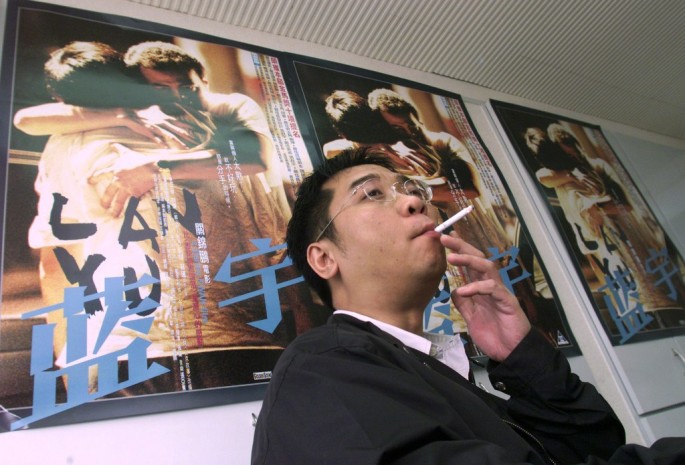After leaving her job as a financial analyst in 2005, Tong Hua wrote a book to get over her boredom. When she uploaded the first few chapters online, it became a viral hit and turned the Shaanxi native into a celebrity author.
Today, Tong's book, "Bu Bu Jing Xin" (Scarlet Heart), which tells the story of a girl transported to the 17th century Qing Dynasty and gets involved in a love triangle between two princes, is one of China's best-selling novels and is being adapted into a movie.
The film, titled "Xin Bu Bu Jing Xin" (Time to Love) and stars Taiwan actress Ivy Chen and Chinese-Canadian actor Shawn Dou, is being pushed for release on Qixi, the Chinese equivalent of Valentine's Day, which falls on Aug. 20 this year.
"Bu Bu Jing Xin" follows the rising trend of online novels being turned into movies and TV shows, which analysts attribute to the lower production costs of making such adaptations compared to pricey scripts written by established authors and commissions to publishers.
According to data from Xinhua News Agency, a total of 114 online novels have sold their film rights by the end of 2014, with 90 of these works slated for TV productions while the remaining 24 likely kept for the big screen.
Among the novels in the list include the "He Yi Sheng Xiao Mo" (My Sunshine), whose TV adaptation topped audience ratings in January; "The Ghouls"; "The Lost Tomb"; and the historical fiction "The Legend of Zhen Huan."
"The big numbers show that a mature market is developing in China," said Wang Chen, general manager of Beijing-based film and TV series producer HS Media, which has bought the rights to more than 10 popular online novels since 2011.
The genre of online fiction has accumulated legions of fans, saving resources that moviemakers must otherwise spend on promotional activities, Wang says.
However, industry experts also see the existing fanbase of online novels as a double-edged sword to its movie or TV versions.
"Diehard fans will keep a close watch on adaptations. If the plot is rewritten too much, or the cast is a far cry from the characters depicted in the original works, fans might feel angry and boycott the movie or TV production," veteran film critic Yun Yang said in an interview.
Chen Su, deputy head of innovation at LeTV, one of China's biggest streaming websites, said that movies based on online novels do not exclusively rely on the existing popularity of the novels for success.
A-list stars and action scenes usually guarantee box-office success, Chen said, adding that if the central idea of the story is retained in the movie adaptation, the changes to plot and characters might not be that significant to viewers.
"Some of the remakes have made big on-screen changes, but were still welcomed [by audiences]," he said.



























